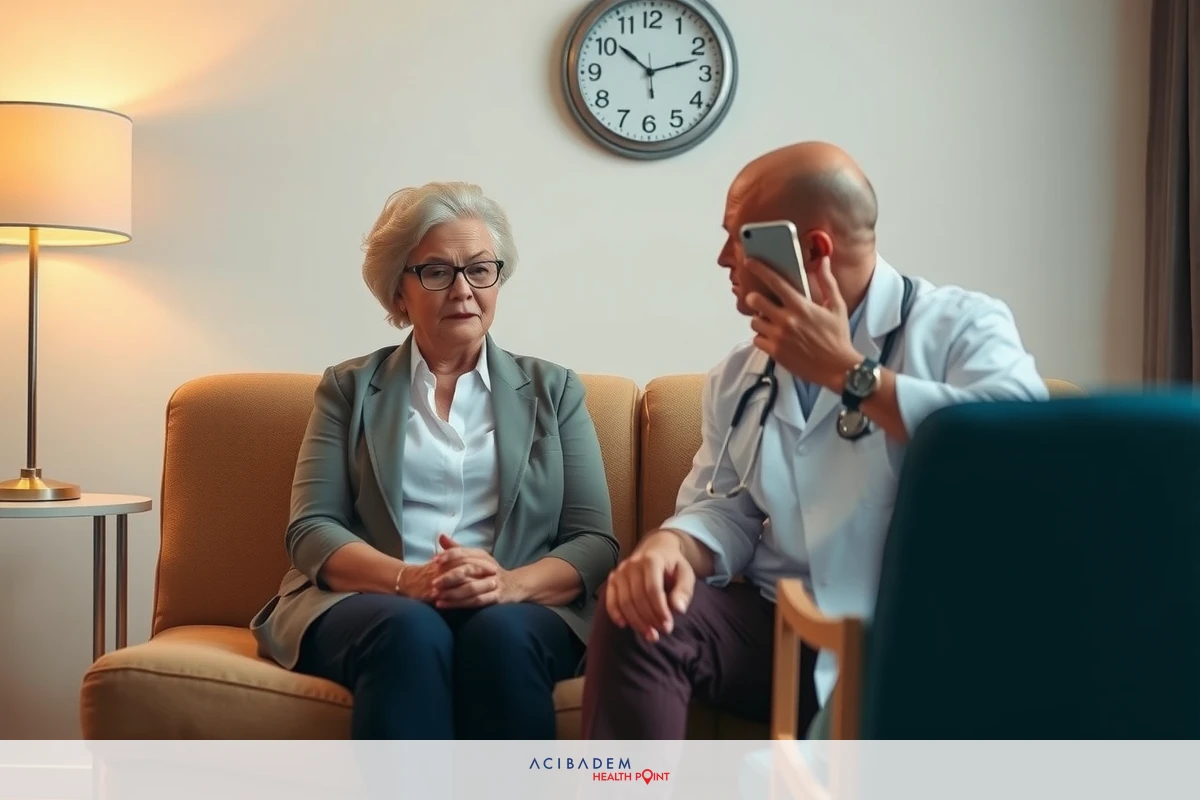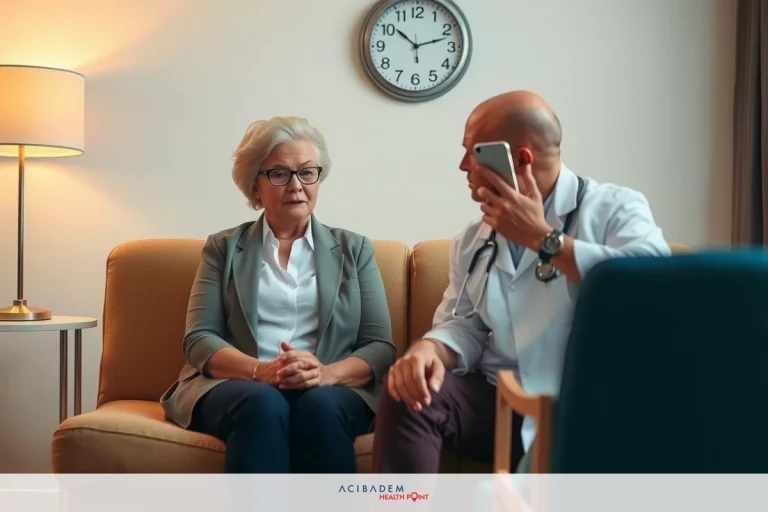How Can I Get a Free Breast Reduction
How Can I Get a Free Breast Reduction Breast reduction can be important for both health and comfort. Many people find the cost of this surgery too high. Some do not know that there are ways to reduce or even remove these costs. Looking into options like special programs, insurance coverage, and financial aid is key. This guide focuses on how you can get help with funding your breast reduction.
Not everyone can pay for medical needs out of pocket. It’s good news that support exists if one knows where to look for it. We’ll talk about different paths you might take to secure free or low-cost breast reduction services. We want to make sure you have clear steps towards achieving your goal without being burdened by the cost. Let this be your starting point in seeking relief from discomfort while keeping an eye on your budget.
Breast Reduction Programs
How Can I Get a Free Breast Reduction Many people look for ways to get a breast reduction without the high cost. You might be surprised at how many programs are there to help. Some hospitals have special funds set aside for free or affordable surgeries, including breast reductions. Research is key when you’re trying to find these programs.
There’s hope even if money is tight and you need this surgery. Local health departments sometimes know about state-funded programs or charities that support such procedures. These groups understand that a breast reduction can greatly improve your quality of life. They offer financial aid to those who qualify based on income or medical need.
You should also check with nearby medical schools where students perform surgeries under expert watch. The cost is often lower, making getting a breast reduction more within reach for many people. Although it may take time and effort to dig into these resources, the outcome could mean less pain and better health without breaking the bank. Keep in mind each program has its own rules on who they can help and how much they cover.
Insurance Coverage
Insurance coverage for breast reduction surgery can vary widely. It’s important to check your policy details and talk to your insurance provider. Some consider it a cosmetic procedure, while others may cover it as medically necessary. If you have issues like back pain or skin problems because of large breasts, your chances are better.
To start the process, get a consultation with a plastic surgeon who specializes in breast reductions. They can write a letter stating why this surgery is needed for health reasons. Your doctor may also need to provide records of any related medical treatments you’ve had before. This helps prove that the surgery isn’t just for looks but is indeed necessary.
After submitting all required documents, wait for the insurance company’s decision on coverage. Sometimes they ask for more information or even deny the first request, but don’t lose hope yet! You have options like appealing their decision or asking about payment plans if only part of the cost is covered. Remember to keep clear records of all conversations and paperwork; staying organized will help guide you through each step efficiently.

Financial Assistance
If insurance doesn’t cover your breast reduction surgery, don’t worry. There are other ways to get financial help. Many non-profit organizations offer grants for those who can’t afford medical procedures. You’ll need to apply and often share your story as part of the process.
It’s also worth checking if you qualify for government health programs in your area. They may cover the cost of breast reduction in some cases where it’s medically necessary. Your income and health needs will be key factors in determining eligibility here.
Hospitals sometimes have their own assistance programs too, especially for low-income patients. They might let you set up a payment plan that fits into your budget over time. Or they could reduce the total amount you have to pay based on what you can afford right now. Always ask about these options when talking with hospital billing departments or financial counselors—they’re there to help!
How Can I Get a Free Breast Reduction Choosing a Surgeon
Selecting the right surgeon for your breast reduction is crucial. You want someone skilled and experienced in this specific procedure. Start by checking their credentials, like board certification in plastic surgery. This ensures they have met certain standards in training and ethics.
Look at before-and-after photos of their past work to gauge results. It’s important that their aesthetic sense aligns with what you’re hoping to achieve. Patient reviews can also give insight into others’ experiences with the surgeon. But remember, everyone’s body is different, so outcomes can vary.
Consider how comfortable you feel when talking to potential surgeons too. They should listen to your concerns and explain things clearly without rushing you. The cost will be part of your decision, but it shouldn’t be the only factor. Aim for a balance between expertise, safety, and affordability when making your choice for breast reduction surgery.
Recovery and Aftercare
After your breast reduction surgery, recovery time is key for healing. Follow your surgeon’s advice closely during this period. They will give you detailed instructions on how to care for the surgical sites. This might include wearing a support bra and managing any drains placed during surgery.
Pain management is also part of recovery after a breast reduction. Your doctor will likely prescribe medication to help ease discomfort. It’s important to take these as directed and not exceed the recommended dosage. If pain seems unusual or too intense, contact your surgeon right away.
Keep in mind that rest is essential, but so are gentle movements to prevent blood clots. Avoid strenuous activities until your surgeon says it’s okay to return to them gradually. Attend all follow-up appointments so they can monitor your progress and address any concerns early on. Proper aftercare will ensure the best outcome from your breast reduction surgery.
Frequently Asked Questions
How do I know if I'm a good candidate for a free breast reduction?
To determine if you qualify for financial aid, consult with health organizations and surgeons. They will consider your medical needs and financial situation.
What should I expect during the recovery period for breast reduction surgery?
Expect some soreness, swelling, and the need to wear special garments. Your surgeon will give specific instructions on care and activity levels.
Can breast reduction surgery improve physical symptoms like back pain?
Many patients report relief from back pain, neck pain, and skin irritation under the breasts after surgery. The answers provided here are for informational purposes only and do not constitute medical advice.











